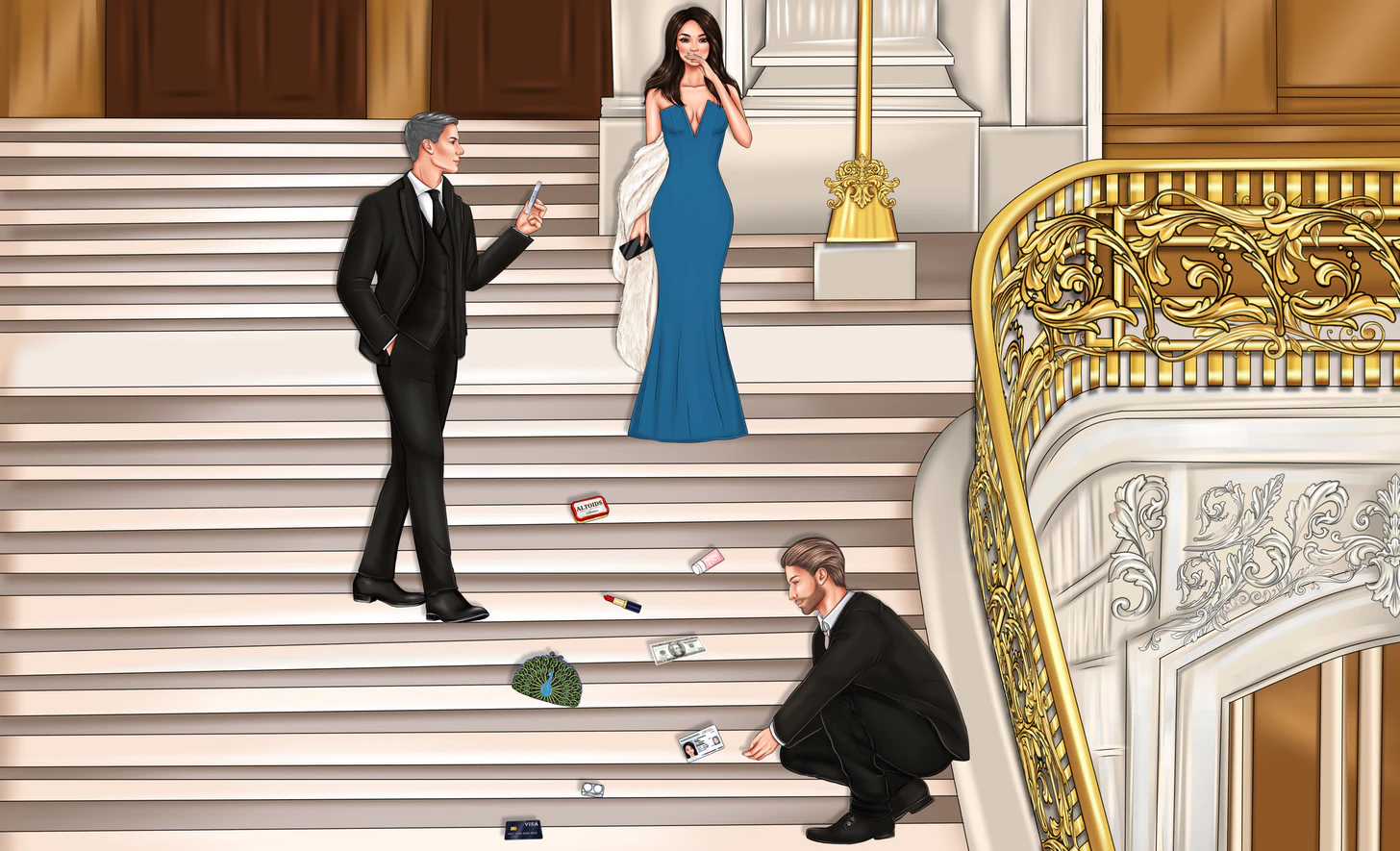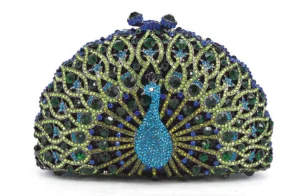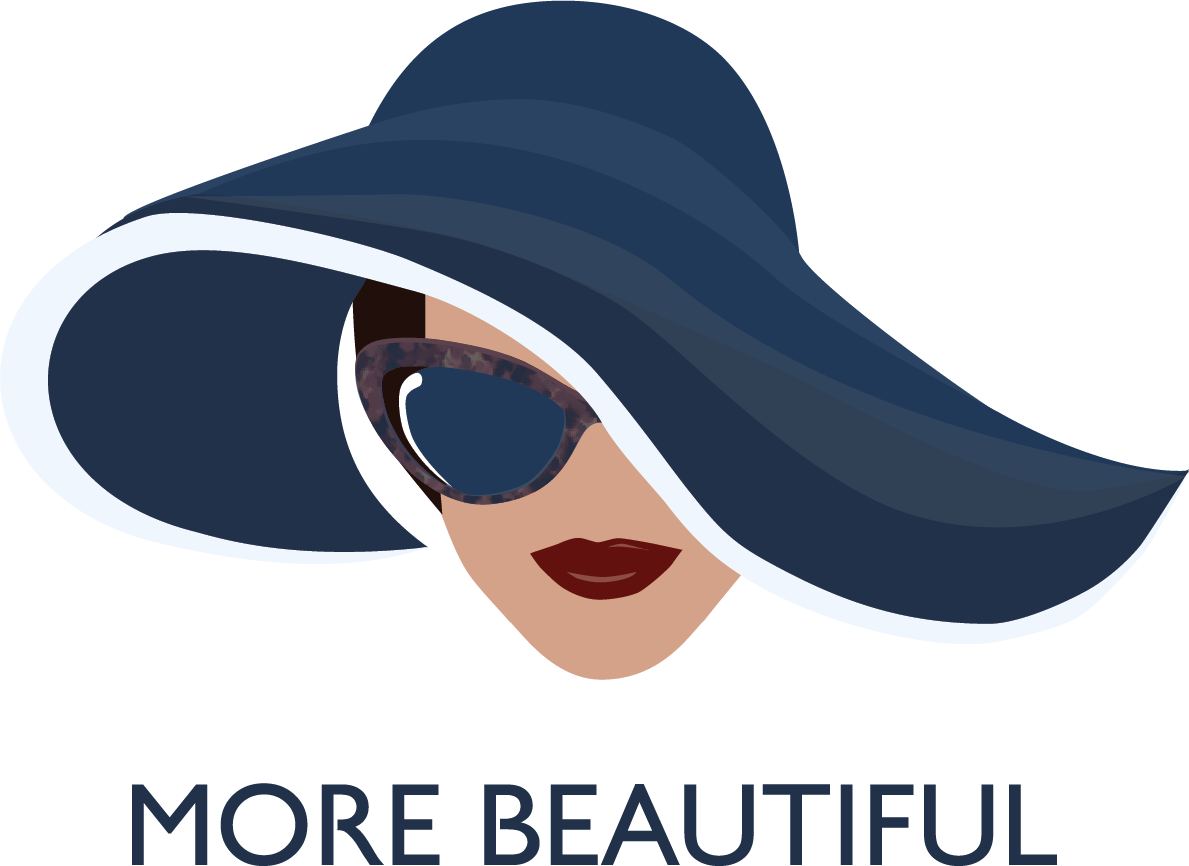
Illustration by Ketrin Koroleva
It was a classic, “Am I practicing what I preach?” moment.
One evening a couple weeks ago, I was standing on the marble staircase inside San Francisco City Hall after a San Francisco Ballet performance, people-watching and taking photos. As I held up my phone to snap the crowd below, my clutch slipped from under my arm and barreled down the steps.
Clunk, clunk, clunk…
As the purse made its noisy descent, it snapped open and the contents came shooting out: my credit card and driver’s license, a lipstick, a small tin of breath mints, a $20 bill, a travel-size tube of hand lotion, a spare pair of contact lenses…and a tampon. The items were sprawled across a dozen steps, and tipsy partygoers began stepping over and around them.
I was grateful when a couple of black-tie-clad gentlemen rushed over to help me and my husband gather my belongings (and marvel at how much a woman could cram into a 6-by-4-inch purse). When one of them walked over and casually handed me the tampon, I felt a strong emotion rise up in me. To my surprise, it wasn’t embarrassment, but something else entirely…
Pride.
That’s right. If I’m honest with myself, what I felt was pride. (And it just so happens that damn purse had a peacock motif.) While my younger self would have been mortified that a total stranger was manhandling my feminine protection, my 53-year-old self was feeling just a little boastful. In that moment, the tampon represented something more than insurance against a mid-cycle accident. It was proof of my lingering fertility. Proof that I was not yet “old.”
How messed up is that?

The offending purse. And yes, that’s a peacock. Don’t say a word.
The second I identified the feeling, I fell down another emotional rabbit hole: shame. I was ashamed that my primitive self would dare to associate that tampon with my femininity and relevance. Bad, Maryann…You are writing and hosting a podcast about women taking pride in their midlife years. What right do you have doing that when you clearly haven’t accepted the fact that your fertile days are numbered. You’re just a peacock-purse-carrying, tampon-slinging hypocrite.
I was faced with the possibility that I was a peacock-purse-carrying, tampon-slinging hypocrite.
But then I realized it was somewhat inevitable for me—or any woman, for that matter—to feel this way. For decades, American culture has bombarded us with messages that females past their childbearing years are no longer socially relevant, sexually desirable, or interesting outside of their roles as the family matriarch. I recorded a podcast episode (“The Incredible Middle-Aged Woman” with journalist Camela Zarcone) to explore the idea that our culture doesn’t “see” us after a certain age (find out what we decided). Growing up with these ageist and limiting beliefs, it’s not surprising that we’ve absorbed some of them, despite knowing better on an intellectual level.
To be fair, men aren’t exempt from this type of cultural ageism. Although they can have babies well until old age, they’re often ridiculed when they do. In the media, sexually active older males are depicted as “dirty old men” and, God forbid they hook up with someone younger or experience angst in their middle years, their behavior is labeled a “midlife crisis.” And because their sex drive peaks at a much earlier age than women’s, I’m sure some of them miss the potency and prowess of their younger years. Comedian George Burns once joked, “People ask me what I’d most appreciate getting for my 87th birthday. I tell them, a paternity suit.”
Thankfully, we are coming to realize that none of these myths and stereotypes does any of us justice. The notion that women are less relevant after their reproductive years is ridiculous. How does the inability to produce offspring make us less fascinating? It doesn’t. (I mean, just look at my podcast guest New York news anchor Tamsen Fadal, who wasn’t aware she was going through menopause because she was too busy winning Emmys and writing books.)
Getting older isn’t always easy. The sooner we admit that, the more quickly we can move on and embrace our age, with all the wisdom and experience that come with it.
If anything, I think when the time comes for me to finally toss that box of Tampax, life will be less stressful, more exciting and liberating. Finally free from the burden of managing my reproductive cycle, I’ll focus more attention on doing my life’s work, continuing to learn and grow, and playing a vital role in my family and community. And if declining estrogen poses any physiological challenges, I’ll consult experts like my pal Dr. Carolyn Mannon, with whom I chatted about menopause hormone therapy.
Fast forward a couple weeks after the tampon incident at the ballet. While traveling with my family, I was working out in a hotel gym when I struck up a conversation with a father in his late 30s who was teaching his tween son how to use the equipment. After we chatted about how kids need to spend more time moving, instead of sitting in front of a computer, the man tipped his baseball cap, smiled at me and said, “It was so nice talking to you, ma’am. Have a great day.”
Five years ago, it would’ve pissed me off to be called “ma’am,” especially by someone in their 30s. But these days, it’s a welcome change. After years of being ogled by men, being carded even in my 40s, and not being taken seriously as a “young” person, it feels great to finally be regarded as a full-fledged, experienced woman. In the gym that day, I didn’t feel irrelevant and dismissed, but rather seen and respected. (Being called “madam” during a recent trip to France was even cooler—because doesn’t everything sound cooler in French?)
All I know is, this stage of life is pretty interesting. One minute you’re pleased to be thought of as a fertile “miss,” then another, you’re relieved to be a sophisticated “ma’am.” Midlife is definitely keeping me on my toes—not only with hormonal fluctuations, but emotional ones too. And it’s all good.



